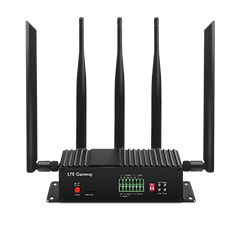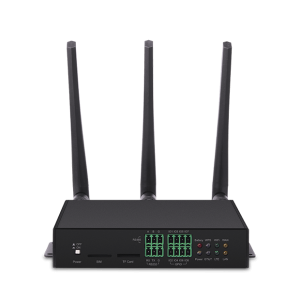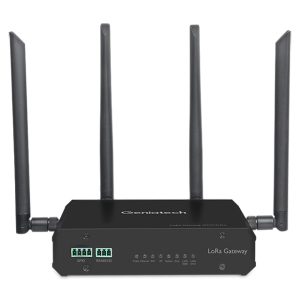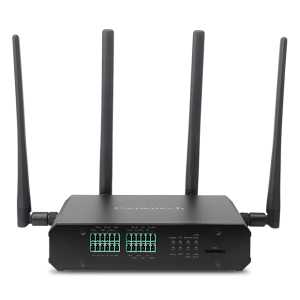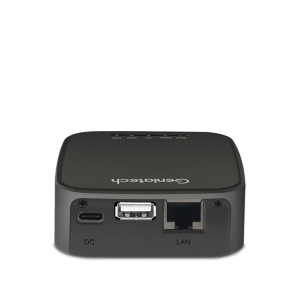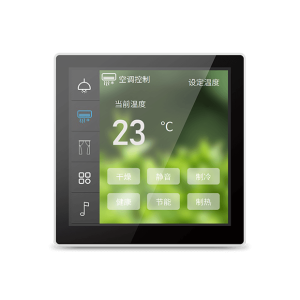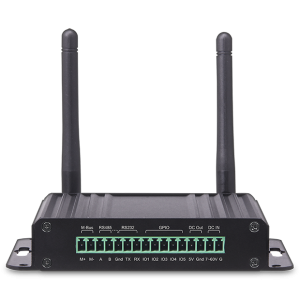IoT Gateway
Geniatech’s industrial IoT gateways/hubs offer flexible and cost-effective connectivity solutions for IoT devices. Our gateways support a wide range of communication protocols, including Zigbee, BLE, Modbus, CAN and LoRa, making it easy to connect various types of smart devices.
Geniatech gateway is a customized hardware solution for enterprise IoT developers. Our programmable platform enables partners to easily port or develop applications independently and modify the firmware using our open-source SDK. This greatly simplifies the development process for IoT gateways, reducing time to market.
Why Geniatech IoT Gateway?
Geniatech IoT Gateway offers a fully customizable ODM/OEM solution, supporting multiple protocols and clouds platforms. Its ready-to-use features reduce development costs and accelerate time to market, making it a reliable and scalable platform to unlock the full potential of IoT.
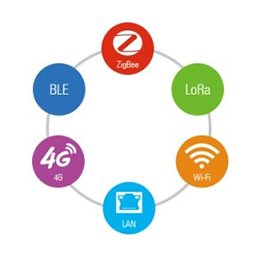
Multiple Protocols
Our innovative intelligent gateway integrated with protocols including Zigbee, Z-wave, LoRaWAN, BLE, Modbus, CAN, WiFi and LTE
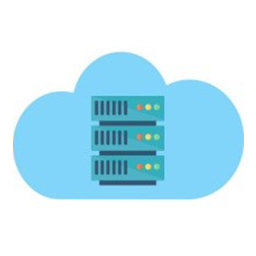
High Compatibility
Our programmable smart gateways are able to integrate to most of clouds or platforms

Support Application Development
We are able to support on both hardware and software, help you to develop custom applications in the fastest and easiest way.
What is Industrial IoT Gateway?
An Industrial IoT (IIoT) gateway serves as a pivotal link between industrial equipment and IoT systems. Typically, it exists as either a hardware device or software program situated within factory or industrial settings. Its primary role is to gather data from diverse sensors, devices, and machinery, and then relay this information to cloud-based or local servers for further processing and analysis.
Embedded naturally within this context, Edge AI technology plays a pivotal role in enhancing the efficiency of IoT devices. By enabling on-device data processing and analysis, Edge AI significantly improves device responsiveness and reduces latency by minimizing the amount of data that needs to be transmitted to the cloud. This integrated approach not only optimizes data handling processes but also enhances real-time capabilities and reliability of systems, particularly in scenarios requiring rapid response times and reduced data transfer, such as industrial automation and IoT monitoring systems.
IoT Gateway Industrial Applications
Industrial IoT gateways provide real-time monitoring, intelligent management, and predictive maintenance capabilities by connecting, collecting, processing, and transmitting data, helping industrial enterprises achieve digital transformation of their production processes and enhancing productivity and competitiveness.
- Remote Monitoring and Management: Industrial IoT gateways enable real-time monitoring of machine performance and status, facilitating proactive maintenance.
- Predictive Maintenance: IoT gateways collect data for predictive maintenance, identifying potential equipment failures and minimizing downtime.
- Asset Tracking and Management: Industrial IoT gateways track assets in real-time, improving resource utilization and inventory management.
- Energy Management: IoT gateways optimize energy usage by collecting data from various sources like machinery and lighting.
- Supply Chain Optimization: IoT gateways provide real-time visibility into the movement of goods, enhancing supply chain efficiency.
IoT proxy vs IoT gateway
IoT proxies serve as intermediaries between IoT devices and external services, handling tasks like protocol translation and data aggregation, while IoT gateways connect IoT devices to the network and perform local processing at the edge, including data aggregation, protocol translation, and device management.
Benefits of IoT Gateways
- Connectivity: IoT gateways ensure seamless connectivity between devices and cloud or local networks, supporting diverse communication protocols for interoperability.
- Data Aggregation: IoT gateways collect and aggregate data from multiple devices before transmitting it to cloud platforms or local servers, reducing bandwidth usage and enabling efficient data processing.
- Edge Computing: IoT gateways feature edge computing, enabling local data processing for real-time analytics and decision-making at the network edge, reducing reliance on cloud resources and enhancing response times.
- Security: IoT gateways bolster security with measures like encryption, authentication, and access control, while also acting as a firewall to shield IoT devices from external threats.
- Scalability: IoT gateways support IoT system scalability by efficiently managing connections between numerous devices and cloud platforms or local servers, handling large data volumes to accommodate system growth.
- Interoperability: IoT gateways ensure interoperability among diverse IoT devices and systems by translating between various protocols and data formats, enabling seamless collaboration across different manufacturers.
- Offline Operation: IoT gateways can continue to operate even when connectivity to the cloud is lost. They can store and buffer data locally until connectivity is restored, ensuring that critical data is not lost during network outages.
